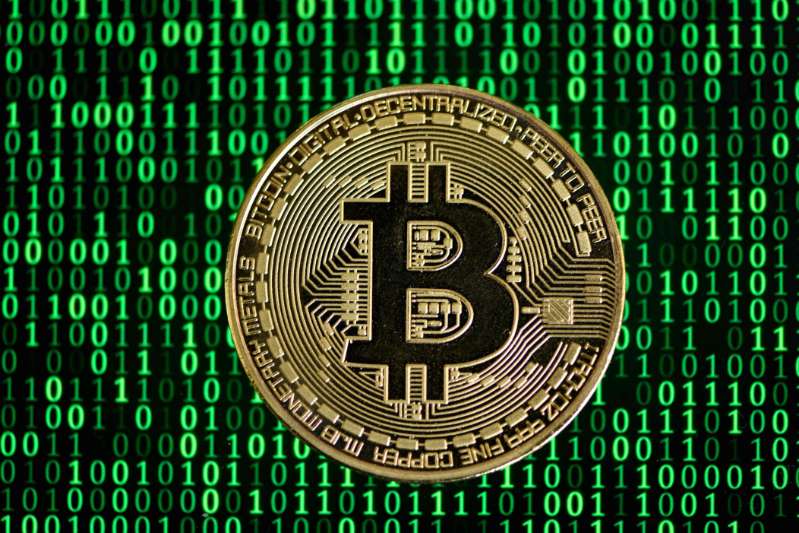The power consumption to produce Bitcoin is skyrocketing – and with it the carbon footprint.

It was already known that the production of Bitcoin using complex arithmetic operations costs an extremely high amount of energy. The current price increase will also cause electricity consumption to explode, calculates economist Alex de Vries. Because the more money the sale of Bitcoin generates, the more miners will invest in additional hardware and infrastructure and consequently use even more energy.
CO2 footprint like London
The estimated power consumption of Bitcoin production is already gigantic. According to Vries, this has increased from 30 terawatt hours (TWh) in 2017 to 78 to 101 TWh per year. This means that as much electricity is used to produce the crypto currency as Norway consumes. In view of the enormous increases in value of Bitcoin, the researcher expects electricity consumption to double to 184 TWh per year.
That is as much as all data centers in the world currently consume together. This is an enormous burden for the CO2 footprint and, subsequently, for the climate. Based on the 184 TWh energy consumption per year and the assumption that 480 to 500 grams of CO2 are produced for each kilowatt hour produced, that would mean a footprint of 90.2 million cubic tons of CO2, de Vries concludes. That corresponds to the CO2 emissions from London.
Delayed effect
According to de Vries, the increase in energy consumption is delayed by the price increase. Because the miners, who have to put around 60 percent of their costs in the electricity bill, usually only invest in new hardware after they have siphoned off their profits. Since Bitcoin mining is now carried out in a fairly centralized manner at a few locations, governments could curb energy consumption with appropriate guidelines and levies or ensure that green energy is used for production.
In addition to the enormous power consumption, de Vries identifies another problem. The popularity of Bitcoin and the associated higher profit margins could lead to a shortage of high-performance chips – if these are bought up by miners on a large scale in order to build new high-performance data centers.

